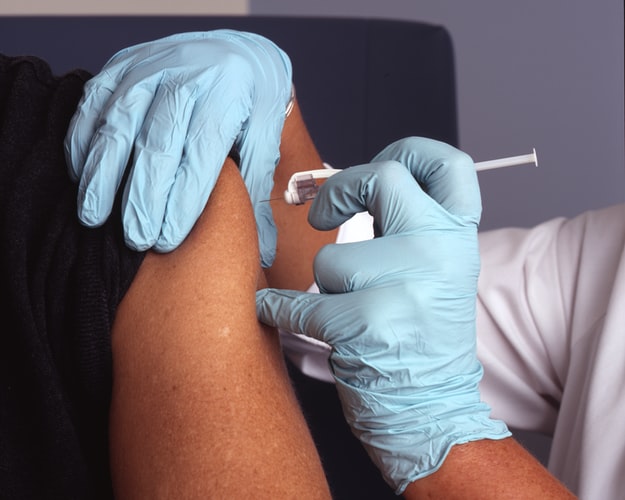Most people don’t look forward to getting injections. Many would rather avoid the needle, whether it’s for a blood drive, vaccination, or blood test. With that said, the average person will get an injection at least 165 times before their time on this earth is done.
Many people won’t see this as a real problem. It’ll be more like an annoyance. However, if you hate seeing blood or are downright terrified of needles, getting a routine injection at any medical facility will probably be a huge deal. If this is you, then you might have trypanophobia.
What is Trypanophobia?
This is an incredibly common condition that’s characterized by extreme fear of needles or blood. It is a common belief that about one in four adults fear needles. Most people who have a strong fear of needles, or blood, may want to avoid medical care and doctors altogether. In fact, there’s a high chance this issue is something the general population highly underestimates.
How Can Trypanophobia Affect you?
For starters, this fear can affect one’s quality of life. It can be excruciating spending days or weeks waiting for that dreaded doctor’s appointment. Some can have sleepless nights thinking about that upcoming injection.
Secondly, avoiding recommended treatments and tests because you want to avoid the needle can lead to under-treatment, poorly monitored health conditions, and misdiagnosis. An example is skipping a COVID-19 vaccination, which can prove to have severe or even fatal consequences. Also, those who sell drugs can sometimes use this fear in their advertising.
Lastly, ignoring a routine medical checkup because you’re afraid of needles can cause you to go through avoidable suffering/pain and even death. For instance, a cancerous breast lump can go undetected until it’s too late because you decided to avoid a routine medical examination.
How Can You Cope with this Fear?
One of the best ways to cope with trypanophobia is to bring support with you whenever you can. That’s typically the way forward for small kids. However, hearing the voice or holding the hand of a family member, spouse, or trusted friend can help calm adults down as well.


